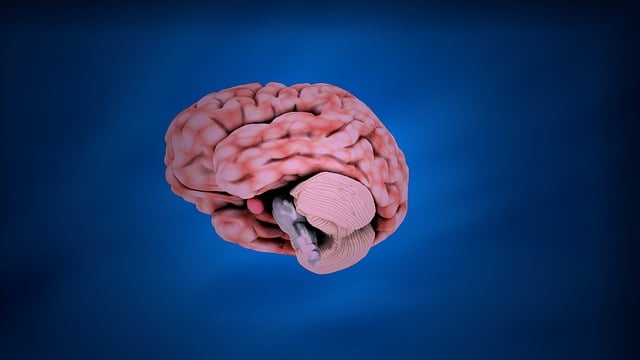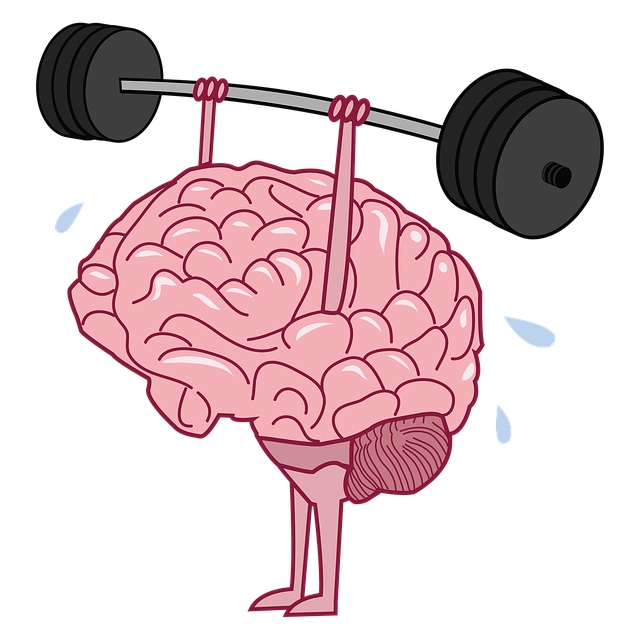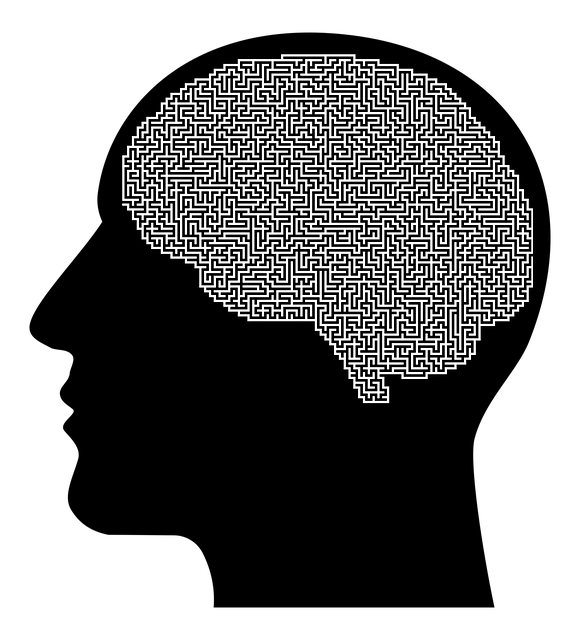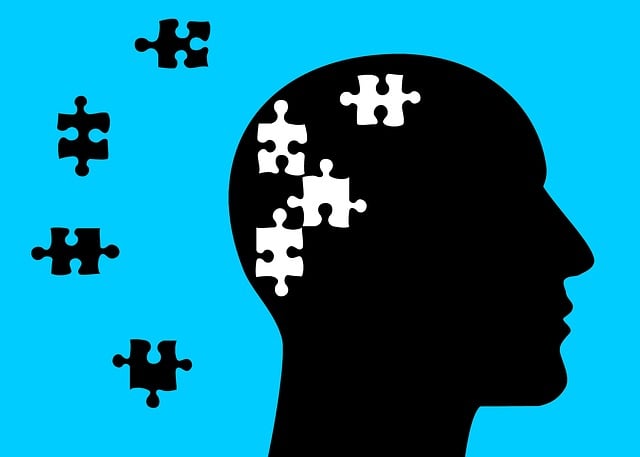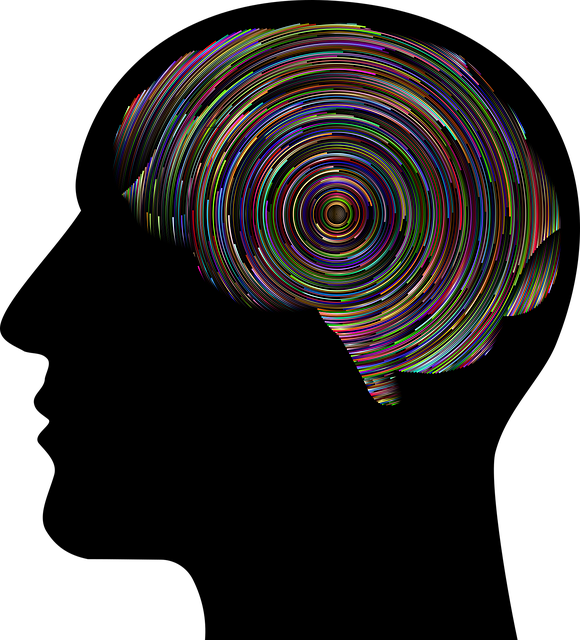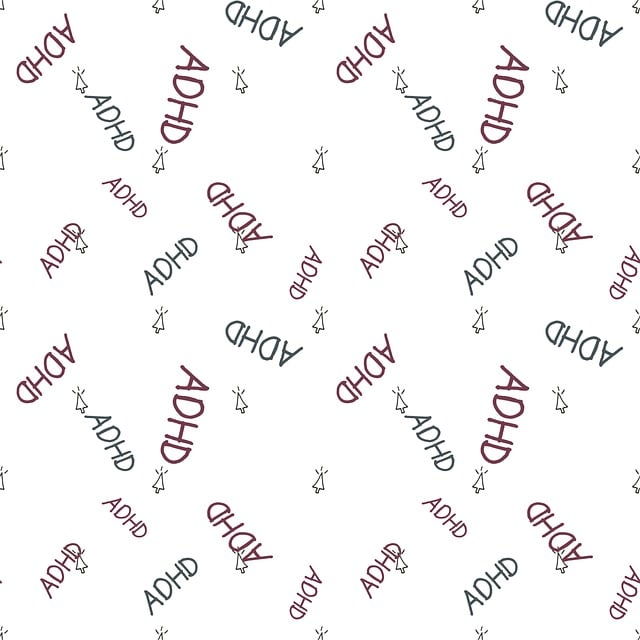Adolescence presents unique challenges, with unaddressed mental health struggles often having long-lasting effects. Northglenn Adolescent and Teen Therapy offers specialized programs that educate and empower young individuals to manage their well-being through early intervention strategies, crisis intervention guidance, and holistic education. Their model incorporates empathy building, risk management planning, and burnout prevention strategies, focusing on interactive activities like art therapy and mindfulness exercises. Effective implementation involves integrating educational content into extracurricular activities, peer support, and social media campaigns. Measuring success includes pre- and post-program assessments of emotional intelligence and coping mechanisms, with long-term follow-ups to ensure sustained improvements in stress management, risk mitigation, and mental resilience.
Mental health issues among adolescents are a growing concern, underscoring the urgent need for comprehensive education programs. This article explores the design of an effective mental health education program tailored for teenagers, drawing insights from the successful Northglenn model. We’ll delve into key components, curriculum design, implementation strategies, and measurement of impact, offering valuable guidance for educators and Northglenn Adolescent and Teen Therapy professionals alike.
- Understanding the Need for Mental Health Education in Adolescence
- Key Components of an Effective Program: A Northglenn Model
- Designing Curricula: Topics and Activities for Comprehensive Learning
- Implementation Strategies: Reaching and Engaging Teenagers
- Measuring Success and Long-Term Impact on Youth Wellbeing
Understanding the Need for Mental Health Education in Adolescence

Adolescence is a critical period when individuals navigate significant physical, emotional, and social changes. During this time, many teens struggle with understanding and managing their mental health, often leading to long-term implications if left unaddressed. Therefore, there is a pressing need for comprehensive Northglenn Adolescent and Teen Therapy programs that educate and empower young people to take charge of their well-being.
Implementing Self-Care Routine Development for Better Mental Health strategies early can prevent or mitigate mental health issues in teens. Equally important is equipping healthcare providers with Healthcare Provider Cultural Competency Training to address the unique needs of diverse adolescent populations effectively. Furthermore, providing crisis intervention guidance ensures that young people have access to immediate support during times of distress, fostering a culture of resilience and open communication about mental health.
Key Components of an Effective Program: A Northglenn Model

An effective mental health education program should incorporate several key components to ensure it meets the needs of its intended audience, particularly adolescents and teens. The Northglenn Adolescent and Teen Therapy model serves as a compelling example. Firstly, it emphasizes Empathy Building Strategies that encourage open communication and understanding between therapists and clients. By fostering an environment of trust and support, this approach enhances therapy outcomes.
Additionally, the program integrates Risk Management Planning for Mental Health Professionals, equipping them with tools to handle potential risks while maintaining a safe and healthy work environment. Furthermore, it prioritizes Burnout Prevention Strategies for Healthcare Providers, recognizing the importance of self-care in ensuring long-term effectiveness. These holistic considerations are vital for creating a sustainable and impactful mental health education program.
Designing Curricula: Topics and Activities for Comprehensive Learning

Designing a comprehensive curriculum for mental health education is an essential step in empowering adolescents and teens. At Northglenn Adolescent and Teen Therapy, we understand that addressing mental health early can prevent more severe issues later in life. Therefore, our program focuses on a range of topics tailored to meet the unique needs of this age group.
The curriculum should include interactive activities focusing on depression prevention, burnout prevention, and communication strategies. These sessions could involve group discussions, role-playing scenarios, art therapy, and mindfulness exercises. By engaging students in these activities, we aim to foster self-awareness, emotional regulation skills, and healthy coping mechanisms. Additionally, incorporating real-life examples and guest speakers can provide valuable insights into navigating mental health challenges, making the learning experience both relevant and impactful.
Implementation Strategies: Reaching and Engaging Teenagers

Implementing a mental health education program for teenagers requires strategic approaches to ensure maximum reach and engagement. Northglenn Adolescent and Teen Therapy can serve as a model, offering insights into effective implementation strategies. One key method is to integrate educational content seamlessly into extracurricular activities, making it an enjoyable part of their routine rather than a chore. This could involve hosting interactive workshops during school breaks or after-school sessions, where teens actively participate in discussions and activities focused on topics like stress management, emotional intelligence, and coping mechanisms.
Additionally, leveraging peer support is a powerful engagement tool. Training fellow teenagers as peer mentors can create a sense of community and reduce potential stigma associated with seeking help. Encouraging open conversations about mental health through social media campaigns, peer-led support groups, or even school-wide events can also foster a supportive environment. Incorporating practices such as self-care workshops, crisis intervention guidance, and mindfulness meditation sessions tailored to teens’ interests can make the program appealing and impactful.
Measuring Success and Long-Term Impact on Youth Wellbeing

Measuring the success of a mental health education program is crucial to understanding its long-term impact on youth wellbeing, especially at institutions like Northglenn Adolescent and Teen Therapy. One effective way to gauge progress is by assessing participants’ emotional intelligence and coping mechanisms before and after the program. This can involve self-awareness exercises that evaluate their ability to recognize and manage emotions, as well as conflict resolution techniques learned during the curriculum. By comparing these scores, therapists and educators can pinpoint areas of significant improvement.
Additionally, long-term follow-up sessions allow for a comprehensive view of the program’s sustainability. Through regular check-ins, mental health professionals can observe whether participants have maintained their newly acquired skills in managing stress, mitigating risks, and enhancing overall mental resilience. This ongoing evaluation ensures that the program effectively equips adolescents with tools to navigate challenges, fostering better emotional wellbeing not just immediately after the therapy sessions but for years to come.
Mental health education is a powerful tool for empowering adolescents and teenagers, as evidenced by the Northglenn Adolescent and Teen Therapy model. By incorporating comprehensive curricula that address stigma, self-care, and resilience, we can create supportive environments fostering long-term youth wellbeing. Through effective implementation strategies targeting hard-to-reach populations, we ensure that all teens have access to the resources they need to navigate life’s challenges. Measuring success goes beyond participation; it involves tracking improvements in mental health literacy, coping skills, and overall resilience among this vulnerable demographic. By integrating these evidence-based practices, we can revolutionize adolescent mental health support, ultimately enhancing the lives of countless young individuals.
